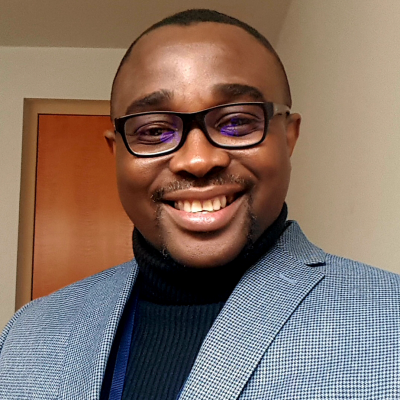Mediature though a new concept in communication and media studies, is descriptive of the entire production, dissemination and reception of media texts. From the primitive stage of human development, people communicated (and still do) using speech formulated in various languages; this is technically referred to as traditional orature. Subsequently, some earlier civilizations like Egypt and Greek to mention but these, evolved ways of committing their thoughts, feelings and ideas in writing. This way of harnessing, storing and disseminating ideas and values in written forms came to characterize learning and formal education generally. This came also to be known as literature. The media presence in our world today can be described as obtrusive. The media has pervaded our living spaces, shaped our tastes and thoughts, taken us to various destinations and prodded us with amazing sounds and images. Every media output is a text that is read by the receiver. This could be a television or radio drama, music, movie, documentary, information from websites, and other prodigies of the new media. There is currently a gradual shift from literature to mediature. In mediature we find an attractive and dramatic synergy between orature and literature. This exposition is an ardent campaign for a “globalizable” mediature that is authentically African and productive of African values. In literature we have the Roman, Greek, English, Judeo-Christian literature and other literary genres. In our media saturated world, Africans are not taking the rear position when it comes to the production of media texts that are celebrative of their value systems. Within the framework of African media texts, we currently speak of Nollywood, Ghollywood, Fuji, Highlife, African stand-up comedy shows, Soukous, Makossa, Zulu music and others. This paper is thus a push towards the inauguration of a genuine African mediature which can be distinguishably African in content and character and which can also have a global acceptance.

